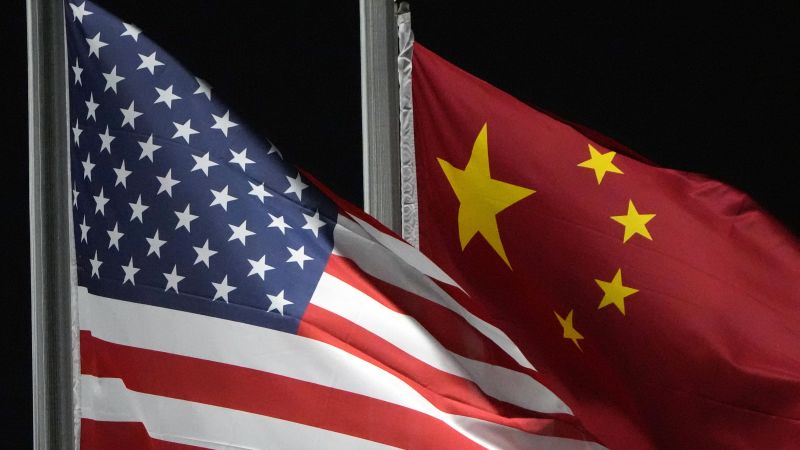New Flour Mill Plant in Quezon Province to Boost Food Security
President Ferdinand “Bongbong” Marcos Jr. inaugurated a new flour milling plant in Sariaya, Quezon province, highlighting its vital role in strengthening the nation’s food security. The facility, owned by Universal Robina Corporation (URC), is expected to significantly increase domestic flour production, easing pressure on the local market and contributing to a more resilient and sustainable food system.
A Milestone for Philippine Food Security
“In a time when every grain counts, this establishment will aid in ensuring that our people have the resources they need to nourish themselves and the future of our nation,” President Marcos emphasized in his speech at the inauguration. “With this new plant, the URC has positioned itself as a key player in our nation’s food security, driving economic stability and innovation,” he added.
The plant boasts advanced technology capable of producing an impressive 3,500 metric tons of flour per day. This substantial output will help meet the growing demands of both the domestic market and the Philippine population’s ever-increasing appetite for high-quality food products.
“But this is not just about numbers,” President Marcos stressed. “This facility, with its focus on efficiency and sustainability, speaks to our shared responsibility to build a stronger, more resilient future.”
URC: A Legacy of Supporting Filipino Households
President Marcos commended URC for its significant contribution to Filipino culture and its steadfast commitment to producing “world-class quality food products.” Recognizing the company’s dedication over the past 70 years to deliver on its promise “to delight everyone with good food choices,” the President remarked, “This only shows the mark that you have made to Filipino culture. Your commitment to producing quality food proves that we can go toe-to-toe with the best in the world.”
He further acknowledged URC’ confrontational,“Yet, you have not rested on your laurels. Rather, you have tried to find ways to beat what you have achieved in the past seventy years.”
The President also highlighted URC’s crucial role in enhancing productivity and supporting micro, small, and medium enterprises (MSMEs) in the country.
Building a Prosperous Future through Food Security
“We reaffirm our unwavering support for local manufacturers and producers, especially in the vital food and beverage sector, as we look towards a more prosperous Bagong Pilipinas,” President Marcos declared.
He concluded by acknowledging URC’s critical role in advancing socio-economic growth: “This Administration acknowledges the critical role you play in advancing our socio-economic growth—boosting farm productivity, supporting MSMEs, and ensuring the food security of our nation.”
How might this new flour mill impact the livelihoods of Filipino wheat farmers?
## New Flour Mill: A Boon for the Philippines
**Host:** Welcome back to the show. Today we’re discussing the recent inauguration of a new flour milling plant in Quezon province, a project that’s being hailed as a major boost for Philippine food security. Joining us to discuss its impact is agricultural economist Dr. Maria Santos. Dr. Santos, thank you for joining us.
**Dr. Santos:** Thank you for having me.
**Host:** Dr. Santos, President Marcos highlighted the significance of this new plant for the country’s food security. Can you elaborate on why this is such a valuable addition?
**Dr. Santos:** Absolutely. The Philippines relies heavily on imported wheat to meet its flour needs. This new plant, owned by Universal Robina Corporation (URC), will significantly increase domestic flour production, reducing our dependence on imports and making us less vulnerable to global price fluctuations.
**Host:** I understand the plant is quite large, boasting advanced technology and impressive output.
**Dr. Santos:** Indeed. It’s capable of producing 3,500 metric tons of flour per day [[1](https://www.dnb.com/business-directory/company-information.grain_and_oilseed_milling.ph.manila.html)]. That’s a substantial amount that will help ensure a stable supply of flour for both domestic consumption and export.
**Host:** What impact do you see this having on the local economy in Quezon province and beyond?
**Dr. Santos:** The plant will create new jobs and stimulate economic activity in the region. [ [1](https://www.dnb.com/business-directory/company-information.grain_and_oilseed_milling.ph.manila.html)]. It will also bolster the agricultural sector by encouraging local wheat farming, supporting farmers and contributing to rural development.
**Host:** This sounds like a positive step towards strengthening the Philippines’ food system. Are there any potential challenges that you foresee?
**Dr. Santos:** Yes, it’s important to ensure that the mill operates sustainably, both environmentally and economically. We need to ensure responsible resource management and fair pricing for both farmers and consumers.
**Host:** Thank you, Dr. Santos, for your insights on this important development. We appreciate your time today.
**Dr. Santos:** My pleasure.



